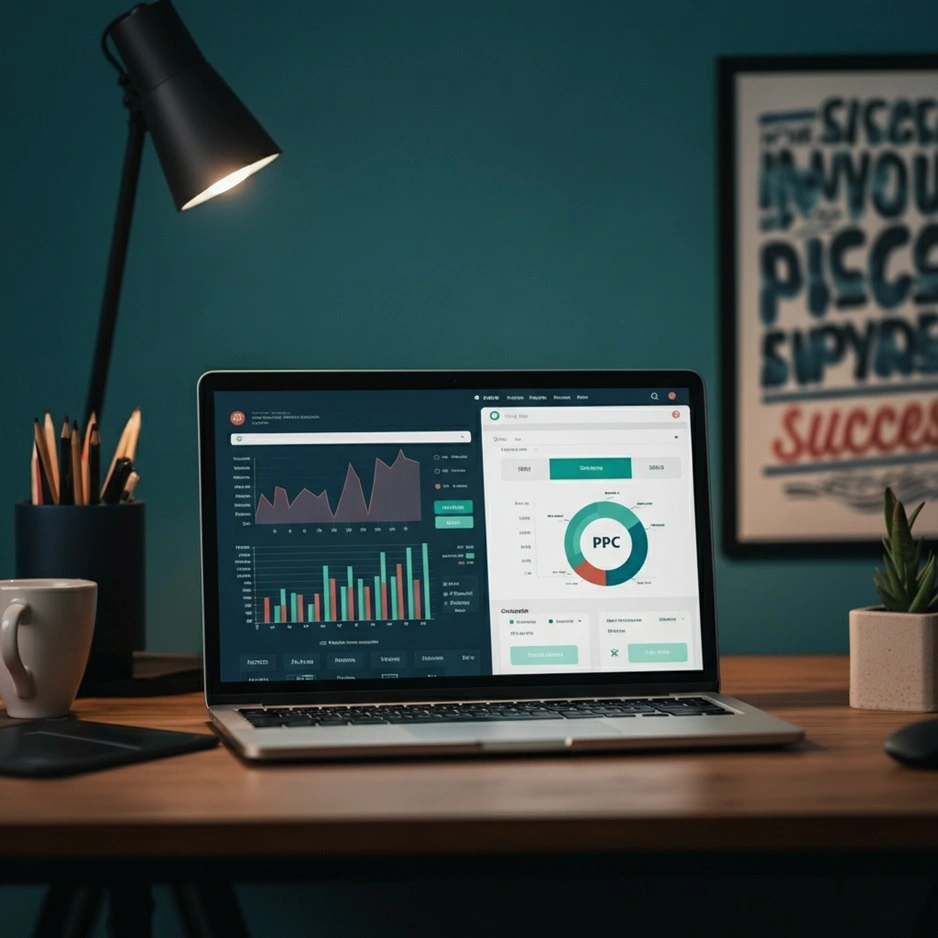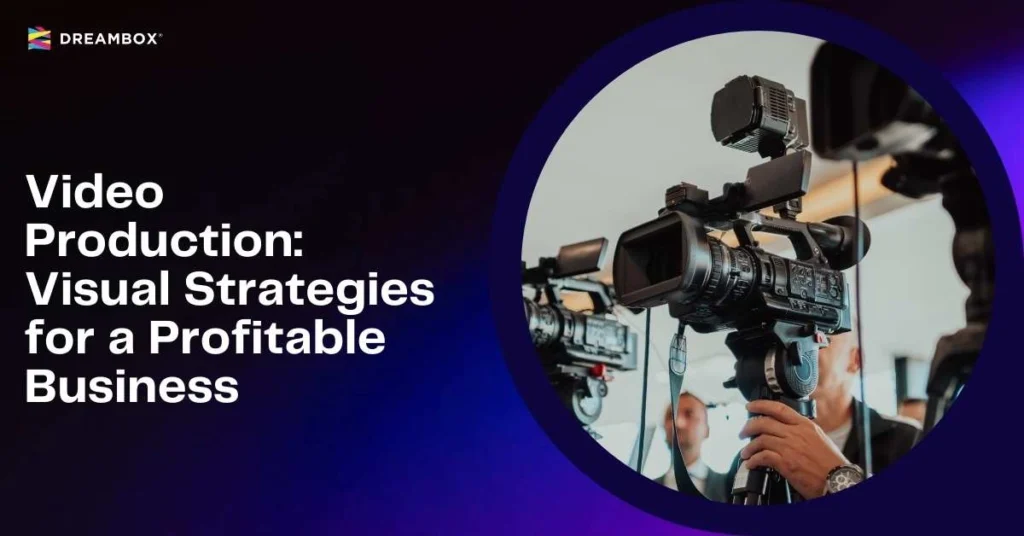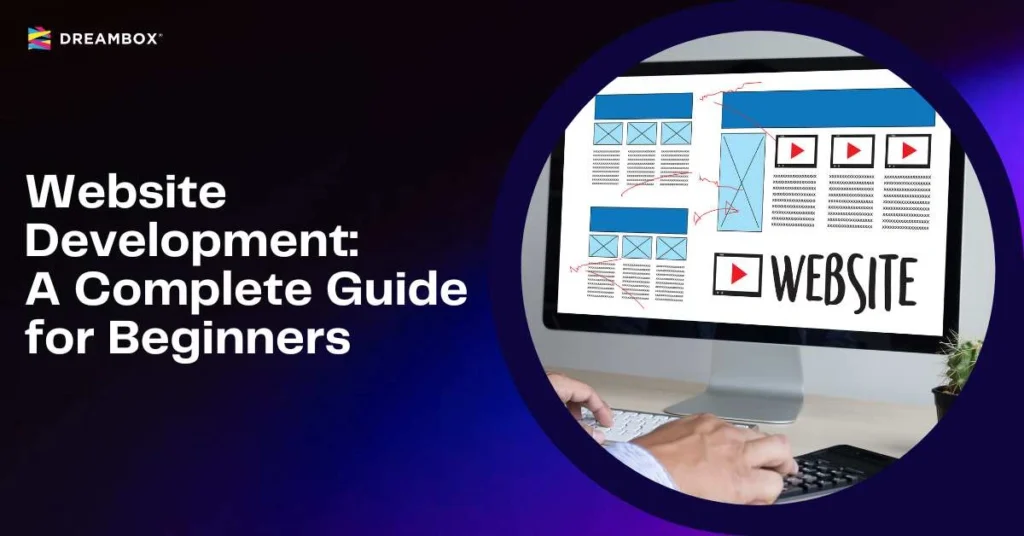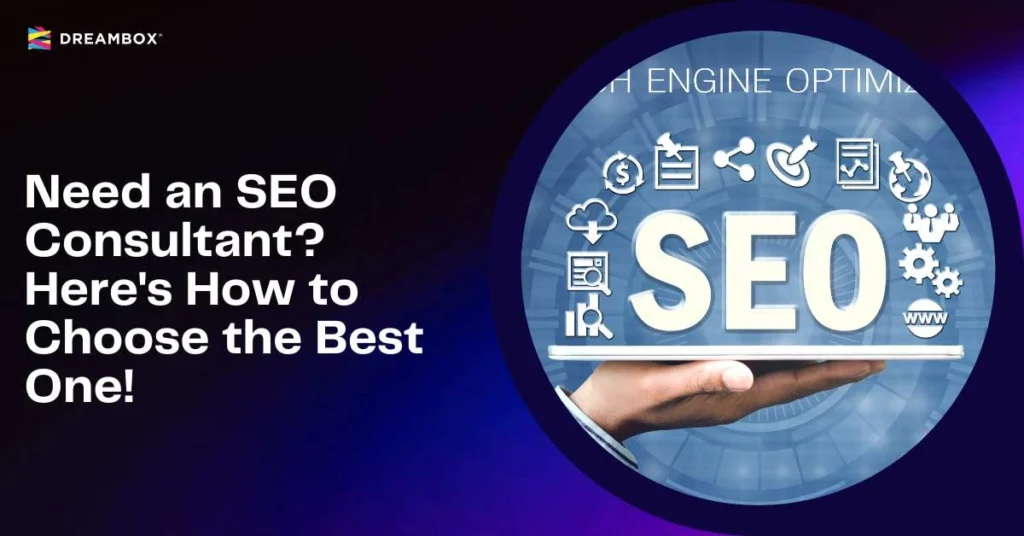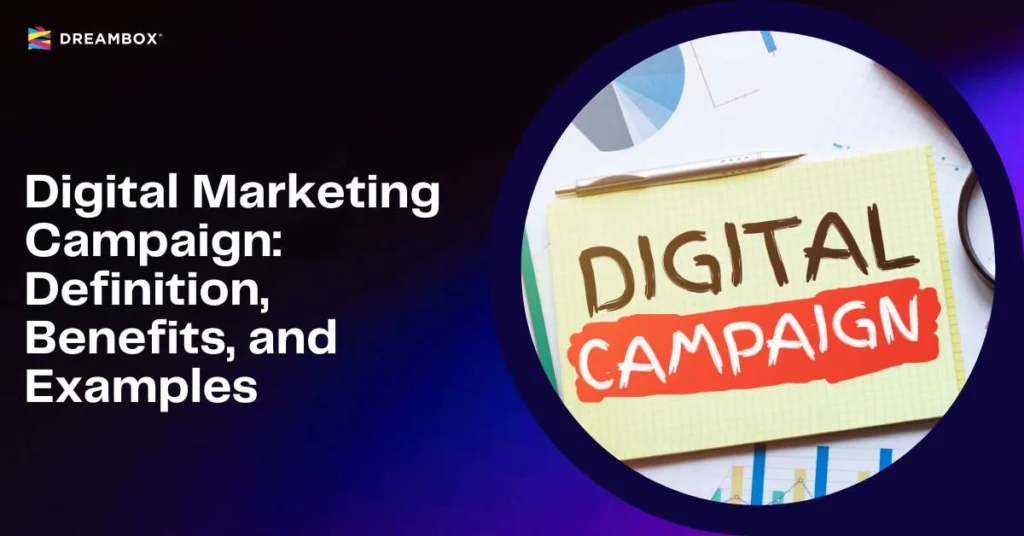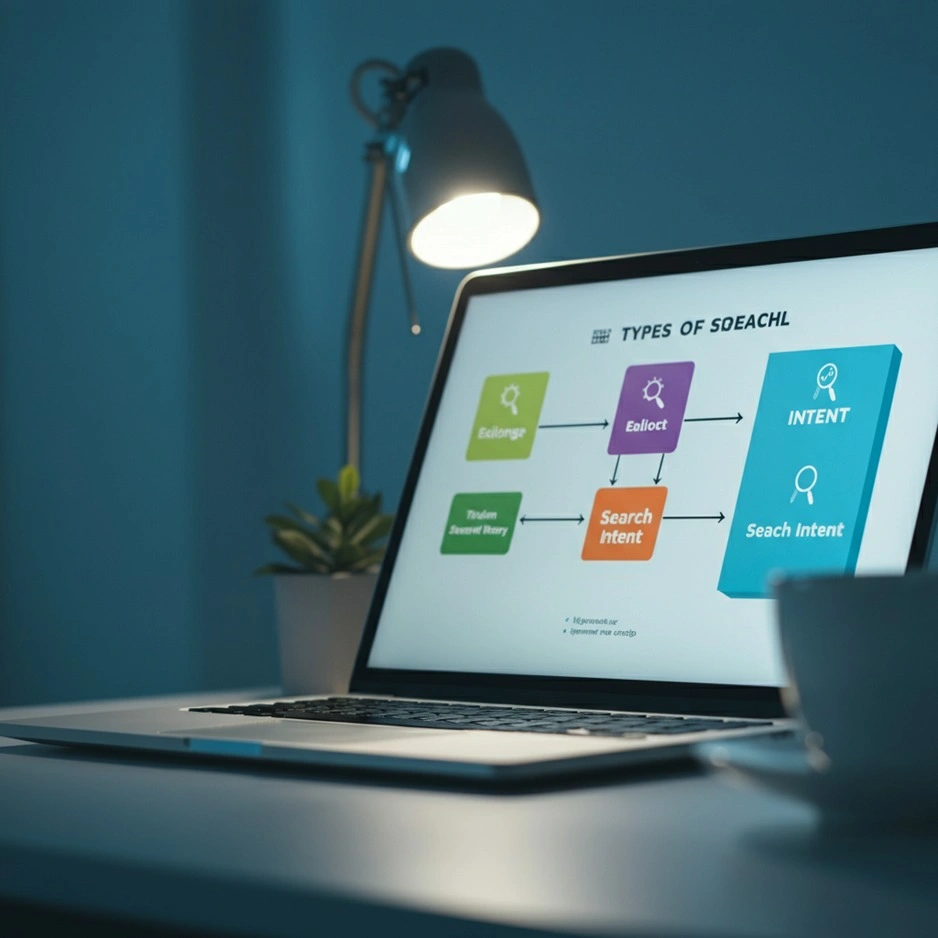What is Pay Per Click (PPC)?
Pay-per-click (PPC) is today’s most effective digital advertising model. With PPC, advertisers only pay when users click on their ads.
In the competitive world of digital marketing, PPC has become a critical strategy for attracting quality traffic and maximizing conversions.
This article discusses PPC’s intricacies, including its meaning, how it works, successful examples, and strategies for getting the most out of it.
Basic Understanding of PPC
What is PPC?
PPC is an online advertising model where advertisers only pay a fee when their ads are clicked. This model is commonly used on platforms such as Google Ads, Bing Ads, or social media ads like Facebook and Instagram.
PPC works through an auction system where advertisers bid the amount they want to pay for certain keywords.
Schedule a free 30-minute branding consultation session with our experts.
When a user searches for that keyword, the advertiser’s ad appears in the search results, and they are only charged if the user actually clicks on the ad.
How PPC Differs from Other Strategies
Unlike organic SEO, which takes time to show results, PPC provides immediate results. You can instantly reach your target audience and measure your campaign’s effectiveness through accurate metrics.
Why is PPC Important for Digital Marketing?
1. Fast and Effective
PPC allows businesses to reach their target audience immediately. Unlike SEO, there is no need to wait for months; ads can appear instantly in search results or social media feeds.
2. Precise Measurement
With PPC, you can track every click, conversion, and the ROI of your advertising campaign. This provides complete visibility into whether your marketing strategy is working.
3. Target Specific Audiences
PPC allows you to target audiences based on location, language, device, and even time of day. This makes it a highly effective tool for meeting your business needs.
Common Misconceptions About PPC
- PPC is Expensive While PPC does require a budget, its effectiveness in delivering ROI is often higher than other methods. With the right strategy, the cost per click can be minimized.
- Only large companies use PPC On the contrary, many small businesses and successful startups use PPC to grow quickly without investing heavily in offline marketing.
- PPC Results are Unpredictable: Data and testing always back a well-designed PPC campaign to maximize results and ensure it remains measurable and consistent.
The Importance and Benefits of PPC
- For Digital Marketers: Increases brand awareness and provides data that can inform future marketing strategies.
- For Small Business Owners: Cost-effective compared to traditional advertising and offers flexibility in setting budgets and strategies.
- For Startups: Helps reach early customers quickly and provides insights into audience preferences for product or service development.
Examples of Successful PPC Campaigns
- Local E-commerce: An online store used Google Ads to capitalize on the keyword “cheap running shoes”. As a result, they saw a 120% increase in traffic within two months.
- Tech Startup: A SaaS startup used Facebook Ads to target small business owners. With creative campaigns, they increased trial conversions by 40%.
- Fashion Brand: A fashion brand used Instagram PPC to launch a new collection. Ads with attractive visuals and clear calls to action increased sales by 25%.
Strategies to Maximize the Use of PPC
- Conduct In-Depth Keyword Research: Use tools like Google Keyword Planner to find high-volume, low-competition keywords. Relevant keywords ensure your ads appear in front of the right audience.
- Attractive Ad Design: Ensure your ad has a compelling copy with a clear call to action. Use appealing visuals to increase engagement.
- Use Remarketing: Don’t ignore potential customers who visited your site but didn’t make a purchase. Remarketing allows you to retarget them with relevant ads.
- A/B Testing: Regularly test your ad elements, such as headlines, images, and calls to action, to determine what works best for your audience.
- Set a Realistic Budget: Start with a small budget and gradually increase it based on results. Focus on strategies with the highest ROI.
Tools and Platforms for Effective PPC Campaigns
- Google Ads: The largest and most popular PPC platform, great for search-based targeting.
- Facebook Ads: Ideal for targeting based on audience demographics and interests.
- SEMRush: A useful tool for keyword research and competitor analysis.
- HubSpot Ads Software: Provides PPC campaign management with in-depth analytics.
- Bing Ads: An alternative to Google Ads, often with lower cost per click.
Measuring PPC Campaign Success
- CTR (Click-Through Rate): Measures how effectively your ad captures your audience’s attention.
- CPC (Cost Per Click): Knowing the cost you pay for each click is key to ensuring a positive ROI.
- Conversion Rate: Determines whether a click on your ad results in the desired action, such as a purchase or registration.
Maximize Your PPC Campaign Now
PPC is one of the most effective marketing strategies for businesses in the digital age. With a deep understanding and solid strategy, you can reach your target audience, increase conversions, and achieve great results.
Dreambox offers services that can be tailored to your business needs, such as digital marketing. Contact us and get the right marketing and branding strategy for your business!

